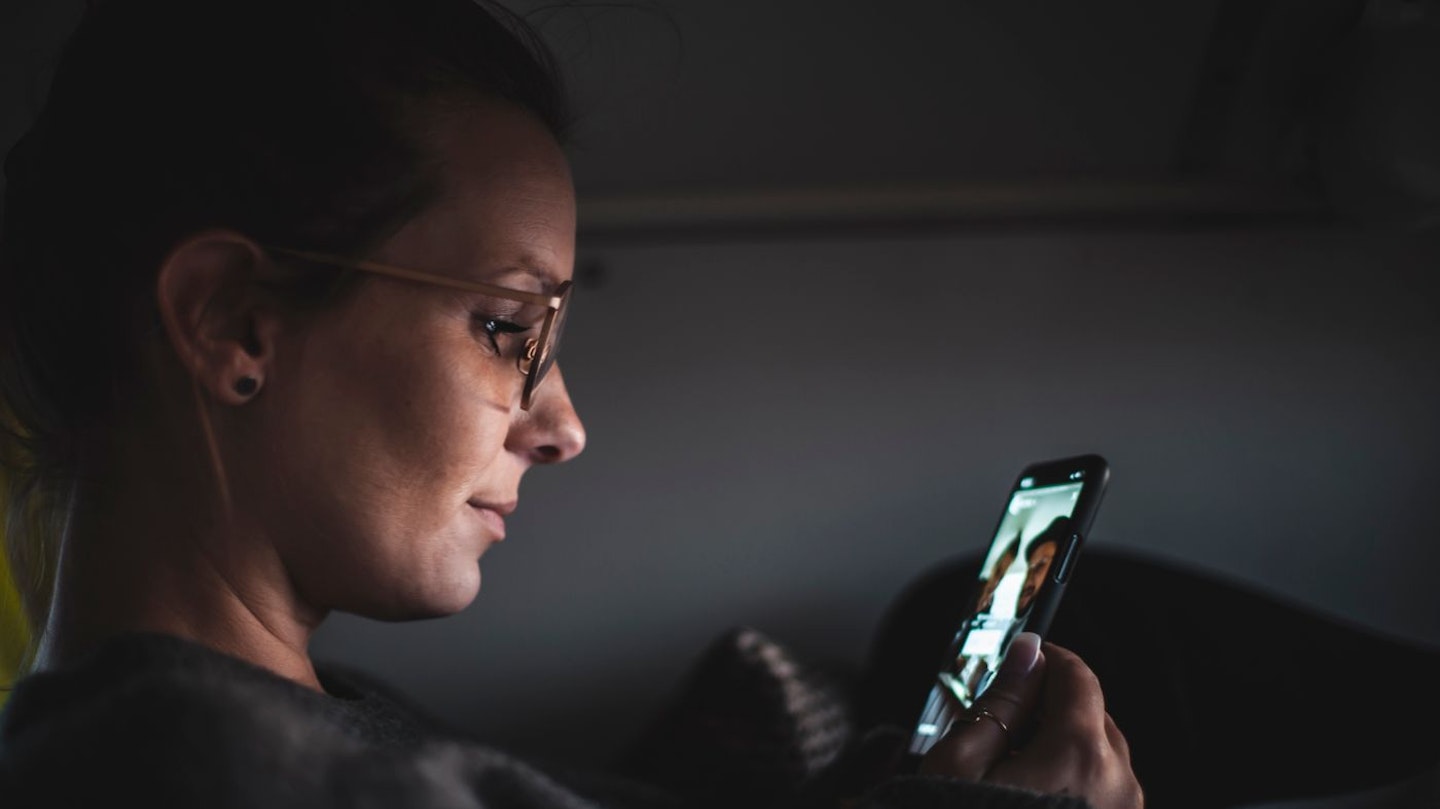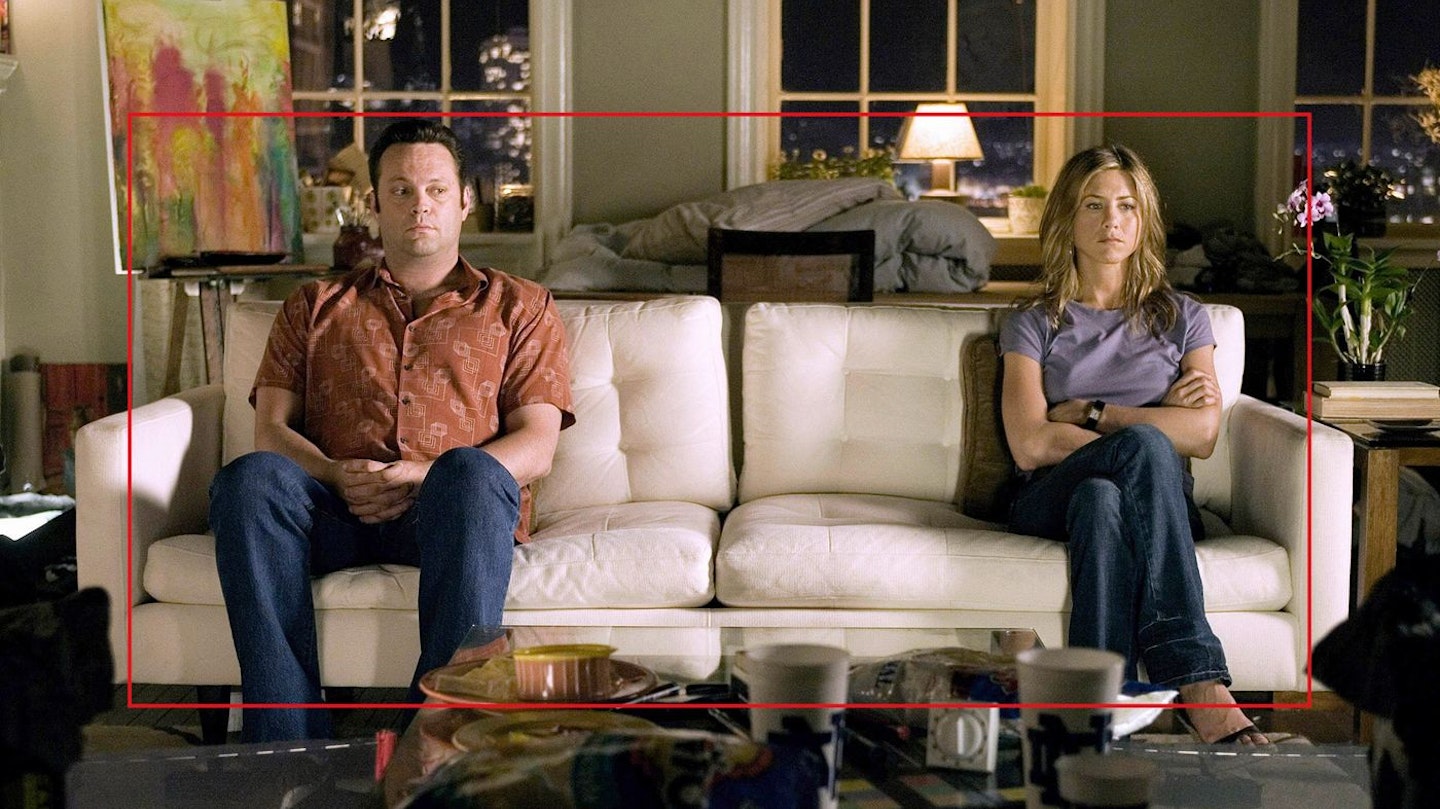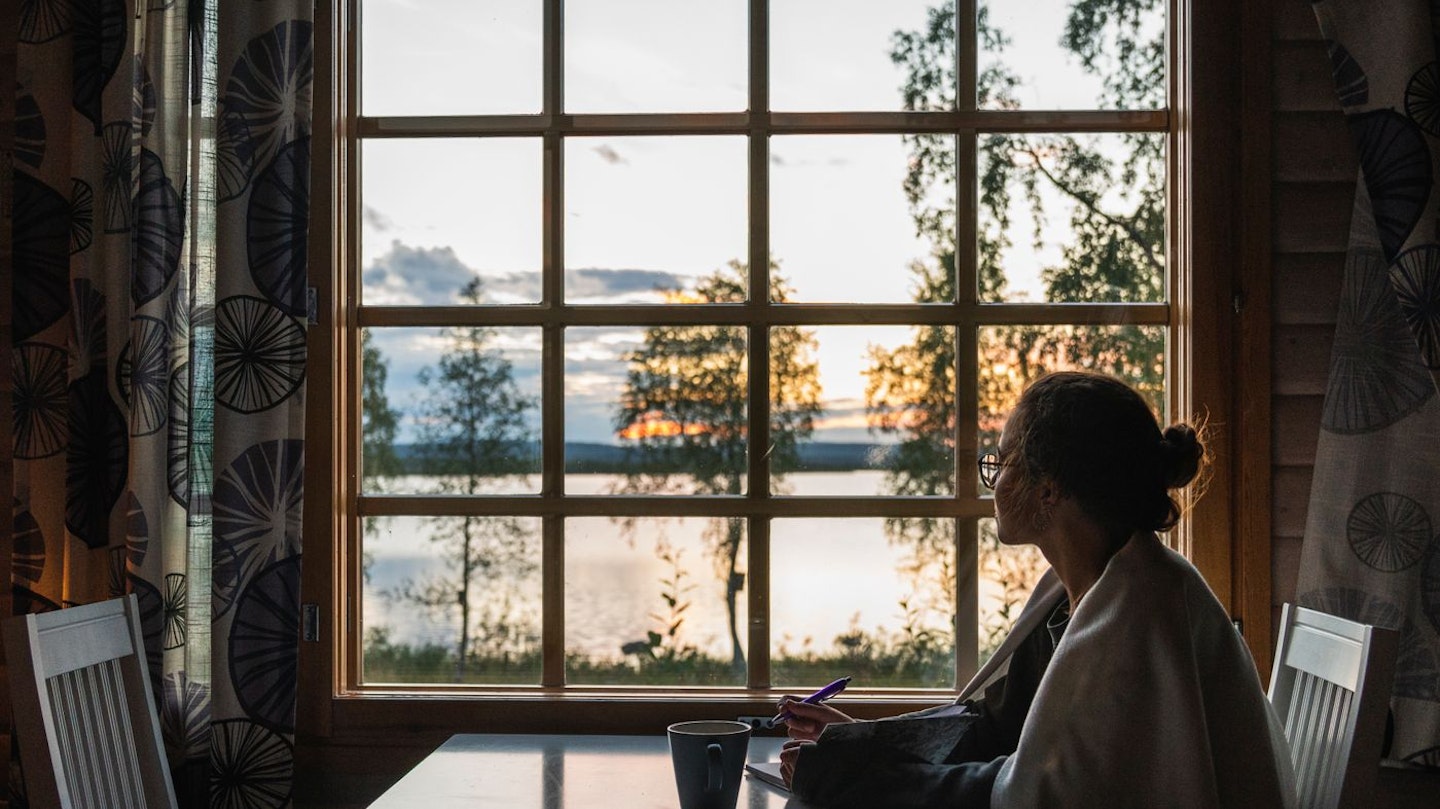The coronavirus does not discriminate. But what it does is reinforce and heighten the existing systemic and structural biases in the society. It capitalises on these inequities. Consequently, the individual impact of the virus itself, and the resultant lockdown will be completely different from one person to the next, depending on the layers of privilege one has as protection. As the focus has been on protecting the older population and the most vulnerable, and sensibly so, the consideration of the gender differential of the pandemic has not been given that much attention.
Just weeks into the coronavirus lockdown, we are seeing enormous impact on gender equality. A new ongoing study being conducted by researchers at Northwestern University, the University of Mannheim in Germany and the University of California, San Diego shows that the crisis is likely to make inequities worse. According to their research, in the US, 1.4 million people became unemployed in March, the largest spike since 1975. Women have been harder hit than men, with a 0.9% increase in unemployment compared to a 0.7% increase for men. It has been found that more men than women work in jobs that they can easily carry out remotely from home, while more women are working in service industries, such as the retail and hospitality industries.
There are concerns that this state of lockdown can further deepen the gender pay gap. The gender pay gap also compounds the inequities because women have less spending power than men. Women are also prominently represented in small businesses. More women than men work as freelancers, and are self-employed, often as a result of lack of flexibility in workplaces. So, it is more likely that women will be less protected from employment loss during the downturn. This could also result in loss of potential earnings, disruption in career progression, as well as many women dropping out of the labour force.
Another sector that has been hit hugely is single mothers. The closure of schools and nurseries has massively increased child care needs, which has a particularly large impact on working and single mothers, with little potential for accessing other sources of childcare, and little possibility to continue working with children demanding attention around the clock. We have also seen how, as all resources are being shifted to deal with the crisis, women’s reproductive health has been deemed non-essential in many countries, which has meant a huge setback to women’s reproductive choices, access to abortion clinics, and contraception. Women and girls may be at higher risk of intimate partner violence and other forms of domestic violence due to increased tensions in the household, and as lockdown is imposed and community structures may weaken or break down.
However, despite this rather bleak outlook, there can be a silver lining. More discussion is being held around the gendered impact of a global health crisis, and there is a growing acknowledgement that women’s reproductive health is as important as other essential subjects during this crisis. It has been shown by existing research that much of the gender gap is linked to social norms and gendered roles. As more people work from home, around children and other caring responsibilities, it is likely that these could be inverted. With online video meetings, where children are often joining in, employers are becoming more aware of people’s childcare needs, and that flexible working is possible while before they might have been reluctant and dismissive of the notion. Research for my book SWAY: Unravelling Unconscious Bias shows that mothers face huge penalties and bias in the workplace. It is possible that these trends, born out of necessity, will continue, and could change how women in general, and mothers specifically, are perceived in the workplace.
With online video meetings, where children are often joining in, employers are becoming more aware of people’s childcare needs
There has been a focus in many organisations to recruit for best fit, which has resulted in appointing people who fit into the existing culture. Since many of the organisations have men at the highest strata of the leadership, it is often the case that women are unconsciously prejudiced against during recruitment. With more work being carried out remotely, organisations are likely to be moving away from the culture of best fit, which would address some of these biases women face during the hiring process, and level the playing field. There has been so much focus on certain masculine qualities that women ought to possess in order to succeed in leadership. Women have traditionally faced a double-bind bias in the workplace, where they are penalised if they do not exhibit traditionally accepted feminine behaviours such as being soft-spoken, caring and nurturing, while at the same time also not considered leadership material if they do not exhibit typical masculine qualities such as ruthlessness and ambition. My hope is that now as we work remotely around children and families, and as we see women leaders around the world responding with empathy and compassion to the crisis, the notion of these binary qualities will be questioned, and the bias against the supposedly ‘feminine’ qualities will lessen.
Social norms may be questioned and reversed within families, too. Even though it has been shown that women in most heterosexual relationships carry most of the emotional and physical labour of running a household, during this pandemic more fathers have had to become the main providers of childcare. A large proportion of the medical doctors and nurses are women, as are other key workers in care homes, pharmacies and supermarkets. Many of these women will have partners and husbands who can work from home, or have been furloughed, and therefore take over running the household, and childcare responsibilities. It has been shown in countries with equal paternity leave, and via other research in inverting gender roles, that such change in behaviour over a period of time can have long-lasting effects on social norms.
There is hope that as gendered behaviours and roles shift and get inverted at home and in the workplace, it can have a persistent effect on the wider society in general.
Sway: Unravelling Unconscious Bias by Dr Pragya Agarwal is published by Bloomsbury.
READ MORE: Love And Life In Lockdown
Coronavirus: Relationships
 1 of 9
1 of 9How To Maintain Your Dating Life In A Lockdown If You're Single
 2 of 9
2 of 9The Six Best Ways To Overcome Your Fear Of Video Dating
 3 of 9
3 of 9Love Lockdown? Not According To Tinder
 4 of 9
4 of 9What It’s Like To Break Up With Someone Over Zoom?
 5 of 9
5 of 9‘I Didn’t Think I Could Actually Feel Happy In This Shit Show Of A Year...’ How It Feels To Get Engaged In Lockdown
 6 of 9
6 of 9Emily Atack: Isolating When You're Single
 7 of 9
7 of 9The Real Reason Your Ex Is Back In Touch
 8 of 9
8 of 9Are People Really Having So Much More Sex There'll Be A Lockdown Baby Boom?
 9 of 9
9 of 9